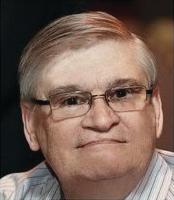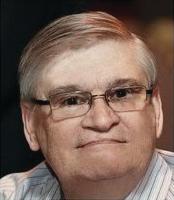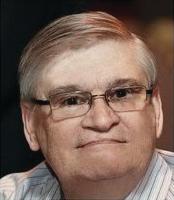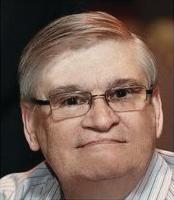Since 1990, Peter Salovey and John D. Mayer have been the leading researchers on emotional intelligence. They define emotional intelligence as “the subset of social intelligence that involves the ability to monitor one’s own and others’ feelings and emotions, to discriminate among them, and to use this information to guide one’s thinking and actions.”
While he did not coin the phrase emotional intelligence, Dale Carnegie emphasized the human side of business. We learn what others value when their lips are moving and they are telling us.
Assumptions, speculation, and guesswork do not give us access to another’s viewpoint. To genuinely connect, it is critical to let the other person do a great deal of the talking.
Do most people follow this simple advice? (I'll let you decide.) Dale Carnegie cites a study of 500 telephone conversations. What word was used 3,900 times in these calls? You guessed it, “I.”
When you open your mouth, talk in terms of the other person’s interest. We cannot do this if we have no idea what the other person truly values. Let them do most of the talking by asking questions and listening to connect with them at the level of what they value. Then, and only then, can you sincerely talk in terms of the other person’s interest.
Hatch, based in Mississauga, Canada, with more than 60 offices worldwide, provides engineering, project, and construction management and support services to the global mining, metallurgical, energy, and infrastructure sectors.
The leader of Hatch’s Project Delivery Group, John Pearson, says, “Show me a dream project turned over to a project manager ineffective in dealing with people, and I'll show you a project that quickly deteriorates.
“In contrast, I’ve seen ‘projects from hell’ turned around by project managers skilled in the art of dealing with others.”
These skills are not natural. It takes focus and effort to elevate them to the level of mastery.
Research at the Carnegie Institute of Technology revealed that even in such technical careers as engineering, about 15 percent of one’s financial success is due to one’s technical knowledge, while 85 percent is due to skill in human engineering and the ability to lead people.
The problem is that most professionals, even if they intellectually understand the benefits of what we suggest, often won’t do the work it takes to build powerful connections.
If you want to build a strong and deep personal network, concentrate less on what you want to get from relationships and focus on whom you choose to become in them.
“Discover where your intellectual arrogance is causing disabling ignorance and overcome it,” said Peter Drucker, as quoted by the Harvard Business Review.
As an example, Drucker pointed to “first-rate engineers” who tend to take pride in not knowing anything about people, and believe that human beings are much too disorderly for the good engineering mind.
“Taking pride in such ignorance is self-defeating. Go to work on acquiring the skills and knowledge you need to fully realize your strengths,” Drucker advised.
In How To Win Friends and Influence People, Dale Carnegie suggested, “If you want to know how to make people shun you and laugh at you behind your back and even despise you, here is the recipe: Never listen to anyone for too long. Talk incessantly about yourself. …
“To be interesting, be interested. Encourage other people to talk about themselves and their accomplishments.”
I suggest to our business clients to listen not just to understand, but to connect, and nothing connects us to others like genuinely hearing not just what they say, but the emotional content of their conversation.




